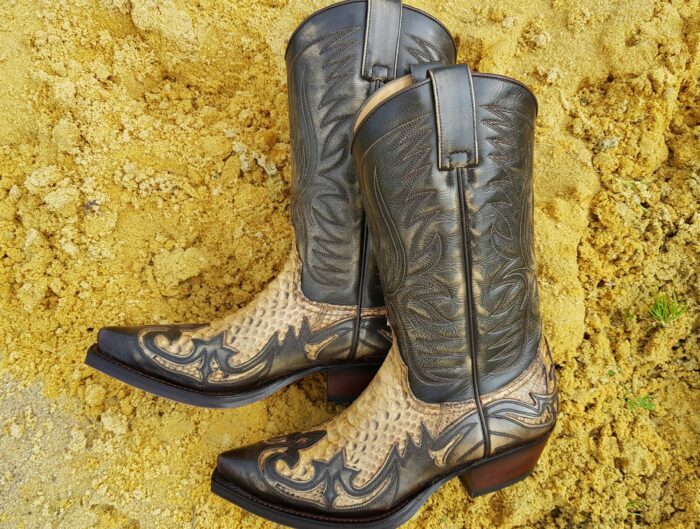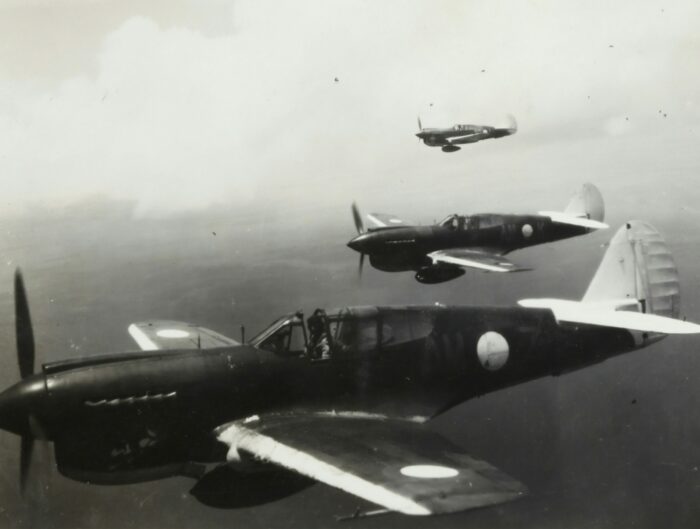At this time, the middle-aged commuter should be on the 07:15 fast local train. Instead, he’s lying face down on the road outside the station. His brown briefcase with rusting steel clips is agape across the asphalt, open as the mouths of onlookers. He doesn’t know it yet, but the pickpocket who pushed him down has stolen his wallet and a yellowing photograph—the only one he has of Rekha.
The middle-aged commuter wipes his bloody nose on the sleeve of his madras plaid shirt as someone helps him up. His legs are liquid, not because of the fall but because his body knows it shouldn’t be here. It should be rocking with the 07:15’s rhythm, like it’s done every day for the last twenty years. 07:15 is like home; he spends two hours and 17 minutes each way on it. His breakfast and dinner are on the train. Sometimes he buys from hawkers passing through compartments, and sometimes co-passengers extend their stainless-steel tiffin boxes and share their theplas and achar with him.
He looks at the eyes of whoever’s offering. If it’s a child, he always accepts. If he sees pity in their eyes, he declines.
He doesn’t need sympathy. He has a wife and kids. They’re just . . . not here.
Someone hands him his briefcase. A single gold bangle glimmers on her slender yet strong wrist.
“I’ve put your papers in.” She smiles.
The middle-aged commuter wants to thank her, but he’s forgotten his words. He’s falling again, but her kohl-lined eyes hold him up. Her yellow salwar-kameez casts a turmeric glow on her face. Seconds pass; he says nothing. She’s already walking away towards the station. He hobbles behind, not following her or anything. They happen to be taking the same train—the 07:45 slow local. To his relief and disappointment, she gets into the ladies’ compartment.
07:45 is a strange new world. He’s never seen this before—space between people for air to circulate! He even finds an empty seat, but he feels naked in here. Unfamiliar hawkers pass through the compartment. The bhelpuri-wala on the 07:15 knows his order—always extra coriander, and only on very good days does he ask for some diced potato.
A gaggle of teenagers in torn jeans and crazy hair hop in. “Hello, uncle!” they snicker. The middle-aged commuter frowns and gets behind his newspaper. He isn’t an uncle. If he had kids, they’d probably be in elementary school now, not grown-ass hooligans like them.
If he had kids. If he had mustered enough courage to stop admiring Rekha from afar and confess his love for her. They’d have been married at…maybe 25, traveled for a bit, bought a flat, and had their first kid at 30 and the second at 33, so now the kids—he’s named them Rohit and Reena—would be eight and ten. But if they married later—say at 30 and since Rekha was 3 years younger than him, how old would the kids be now and how old would he and his Rekha be when the kids turned ten, twelve, fifteen, forty? These equations swirl around in his head, luminous jellyfish in the dark sea of brain fluid, rising, dipping, joyous, and full of promise.
For a flash, his brain swaps Rekha’s face with that of the woman in yellow. His eyes jolt open; the train jerks forward. He settles his breath and looks around. The teenagers are gone. A ribbon of cool air blows in as the train passes a small square field full of yellow flowers—how has he never noticed this before?
He smells bhelpuri. The middle-aged commuter calls out to the vendor, asks her to make him a bowl—with extra coriander, and . . . could she add some diced potato? The squatting hawker gives him a gap-toothed grin.
He stands up and rummages through his pockets for his wallet. It’s gone; his only photo of Rekha is gone.
“No, no, no!” He bobs and mutters to himself.
From his spot, he can see the woman in yellow standing by the door with the wind in her hair. She’s only a vestibule away. He could thank her now; she might smile again, and things could happen, and he could start taking 07:45 instead of 07:15 every day, and . . .
07:45 instead of 07:15, every day.
He still has seven stations to go, but before the woman in yellow can see him, the middle-aged commuter gives up his seat and gets off at the next stop. ◆


